(ECNS) -- Scores of Chinese tourists have cancelled their guided tours to Japan after the Japanese government announced the release ofnuclear-contaminated wastewater from the crippled Fukushima Daiichi Nuclear Power Plant into the Pacific Ocean on last Thursday.
With Chinese companies no longer prioritizing Japan as a recommended destination since the announcement, the latter's tourism industry is expected to suffer significantly.
Tourism agencies: sharp decline in Japan trips
China on August 10 announced the third resumption of outbound group tours to 78 countries and regions, including Japan, which soon became one of the most popular destinations during the National Day holiday.
According to search data from Ctrip, the search volume for Japan had even surpassed Southeast Asian destinations like Thailand and Singapore, ranking first.
However, Japan has been removed as a recommended destination on various Chinese online travel platforms such as Ctrip, Tuniu, and Tongcheng Travel since last Thursday as nuclear contamination concerns surge.
On an online travel agency (OTA) platform, Tokyo was ranked the second most searched overseas destination last Thursday, but this week it had dropped to the third position.
Data from another OTA platform reveals that the search volume for flights to Tokyo and Osaka has decreased by nearly half compared to the period before last Thursday.
Ticket prices for flights from Shanghai to Tokyo in mid-September have also decreased by nearly 10 percent compared to last week.
"In the past few days, we've received some requests for cancellations ontrips to Japan,"the head of a travel agency in East China’s Nanjing city said. The person mentioned that even though travel products to Japan are still available, the agency will no longer promote them. Furthermore, they will try to avoid seaside attractions as much as possible.
Tourists: not worth going to Japan anymore
"No need to ponder!" a netizen from Shaanxi province said after cancelling a planned tour to Japan.
On August 20, the person had booked an 8-day trip to Fuji-Osaka-Tokyo, scheduled to depart on September 26. Upon learning about Japan's decision to release nuclear-contaminated water into the ocean, the tour was promptly cancelled.
"Even though the itinerary had already been planned and money exchanged, considering my own safety and health, it's simply not worth going there anymore," the netizen said.
A netizen surname Qian said he had initially planned a honeymoon trip to Japan. However, he decisively canceled his flight tickets.
"In total, we've lost over 10,000 yuan (about $1371.7) for visa processing and air tickets. Fortunately, we hadn't booked any local hotels yet," he said.
According to previously data released by Japan National Tourism Organization(JNTO), the number of visitors to Japan reached a record-breaking 31.19 million in 2018. Among them, there were 8.38 million visitors from the Chinese mainland, accounting for 26.9 percent of the total, and their overall expenditure was the highest, reaching 1.545 trillion Japanese yen (approximately 98.7 billion yuan).
"The tourism industry is a crucial sector for Japan, and the release of nuclear-contaminated water into the ocean has tarnished Japan's international image. The negative impact on local tourism industry is likely to persist and worsen in the short term," said Zou Guangyong, associate Professor from Shanghai Business School.









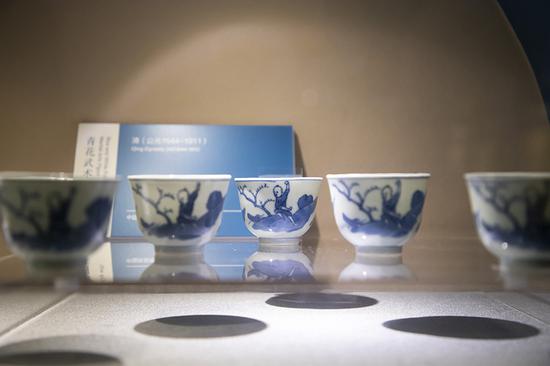



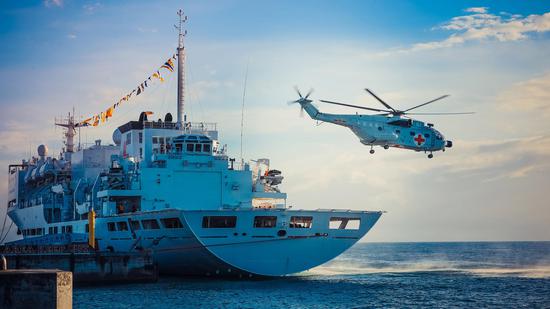
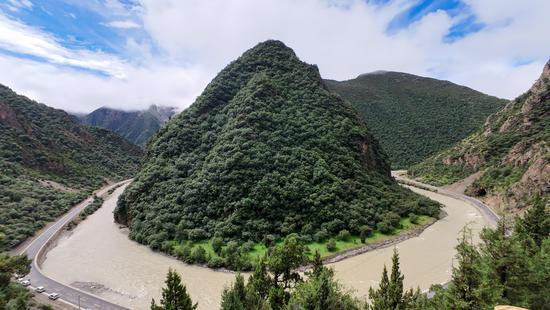

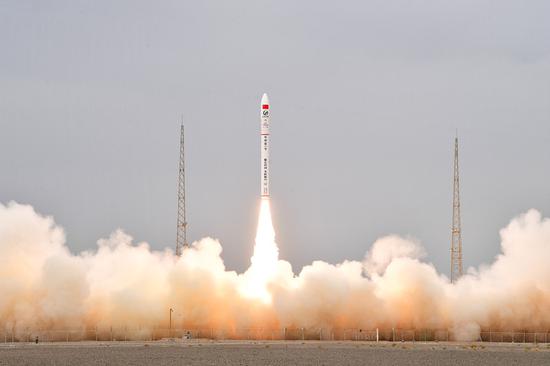

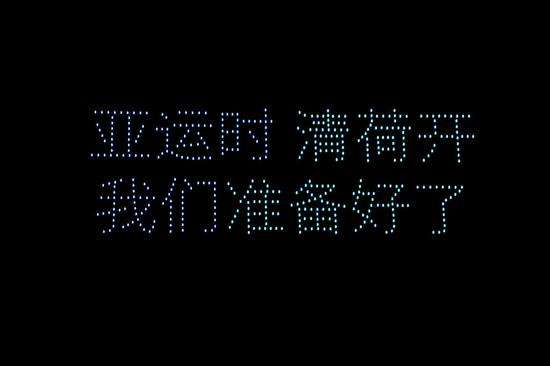
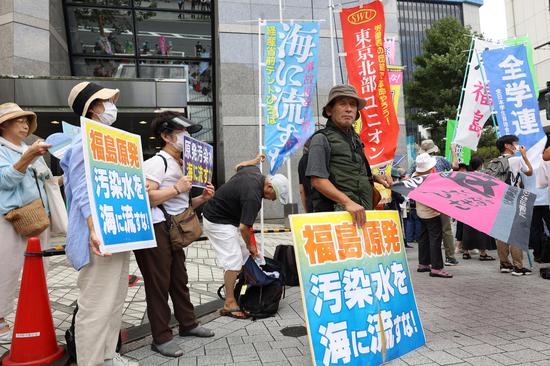

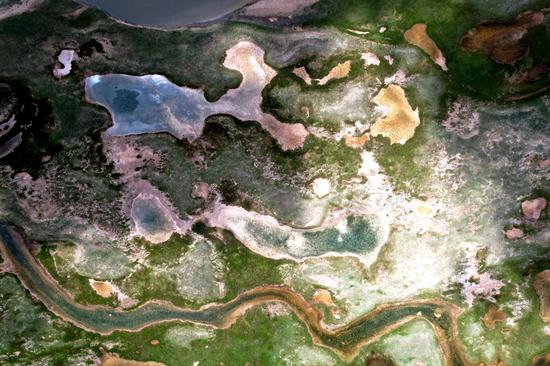
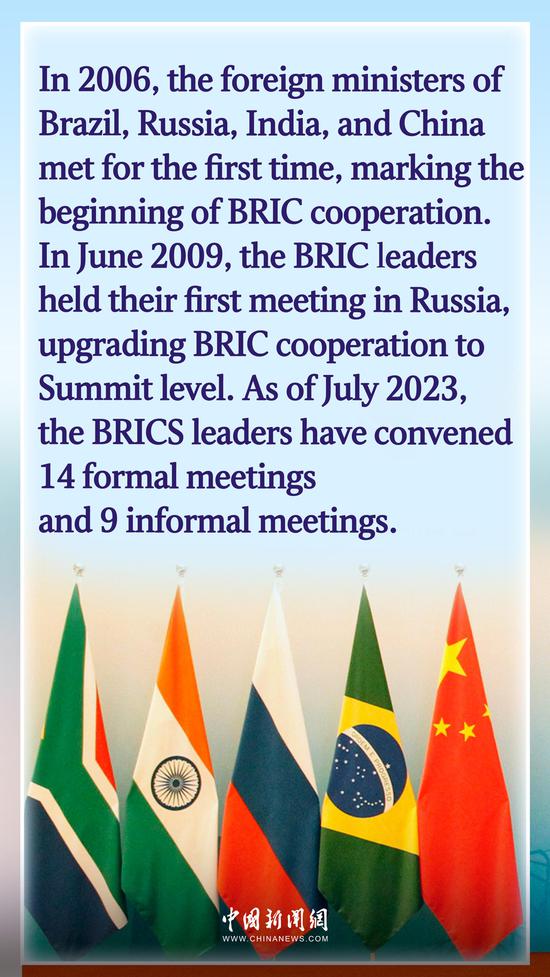
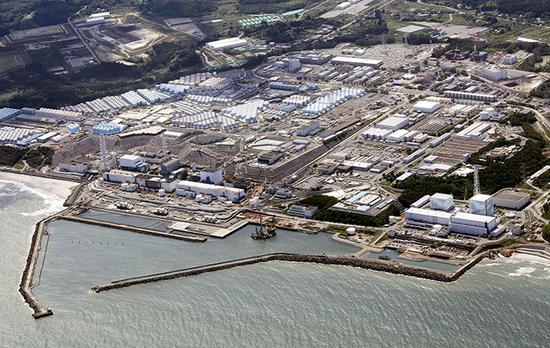
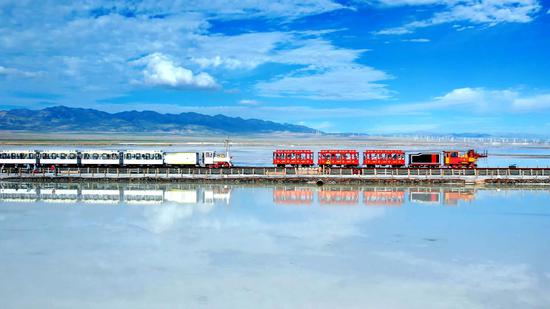
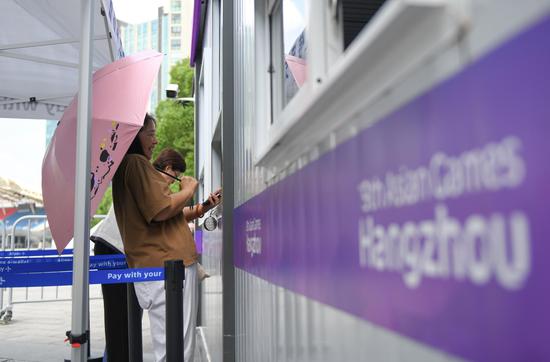
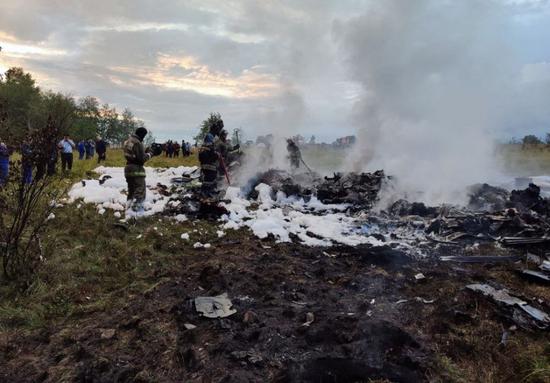

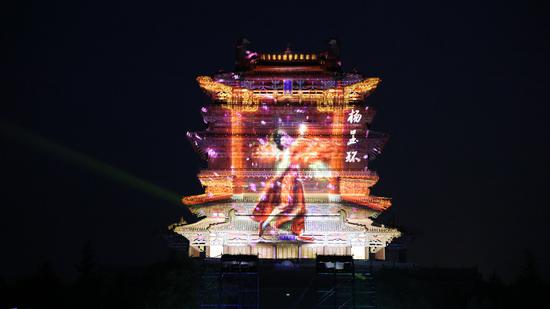
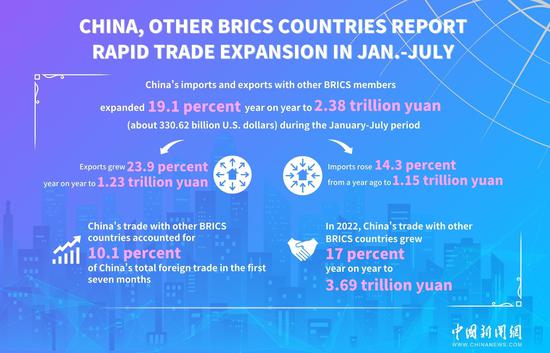
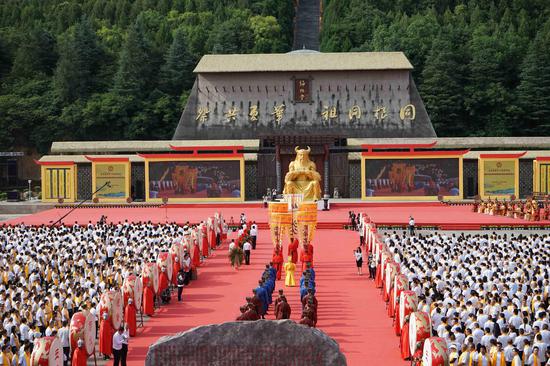

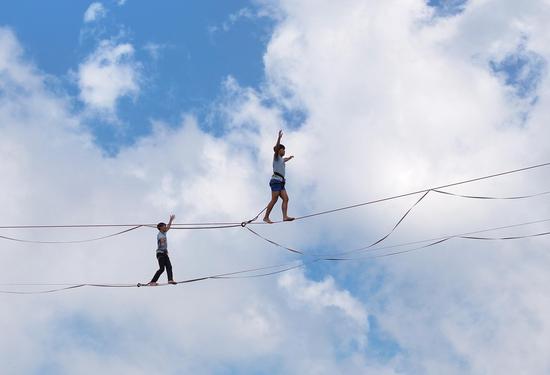
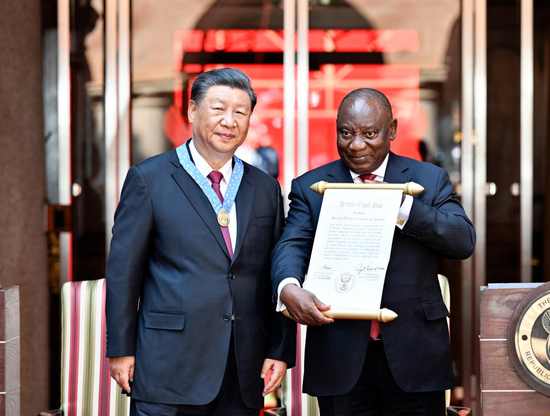





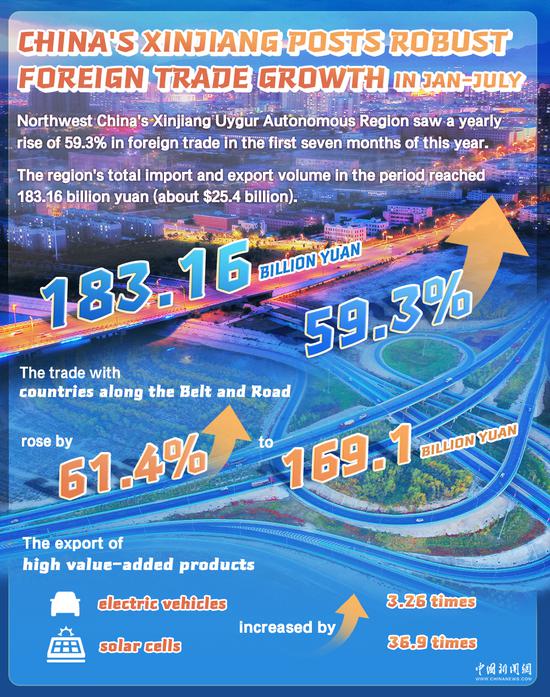


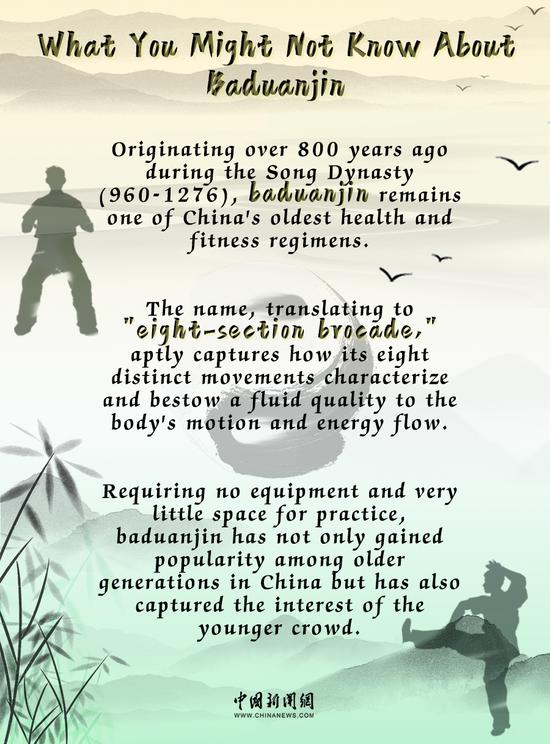
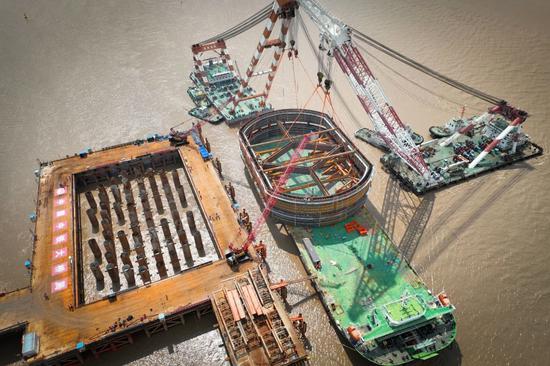
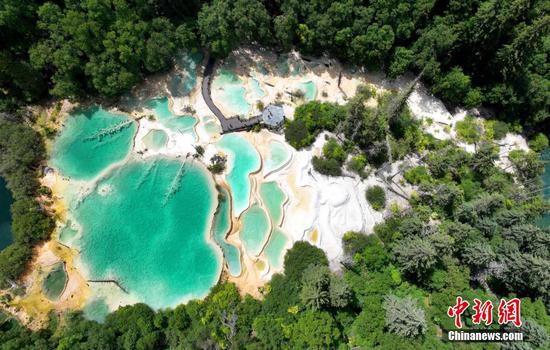





 京公网安备 11010202009201号
京公网安备 11010202009201号